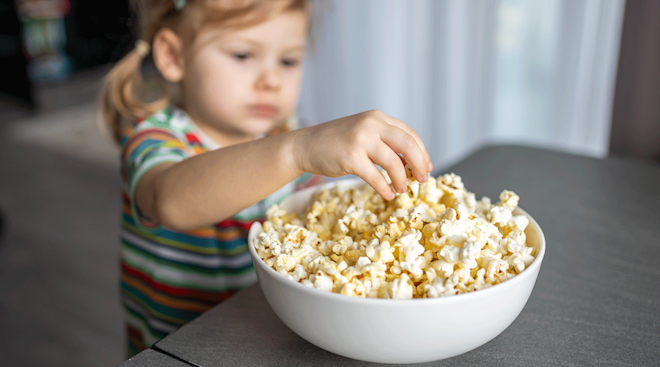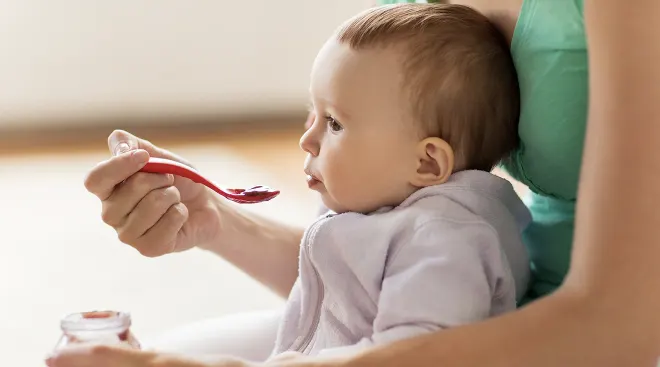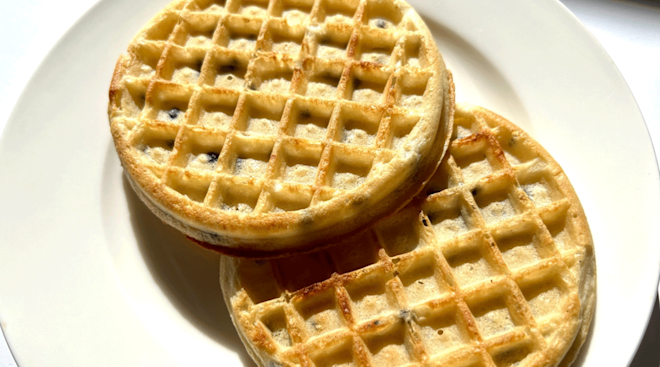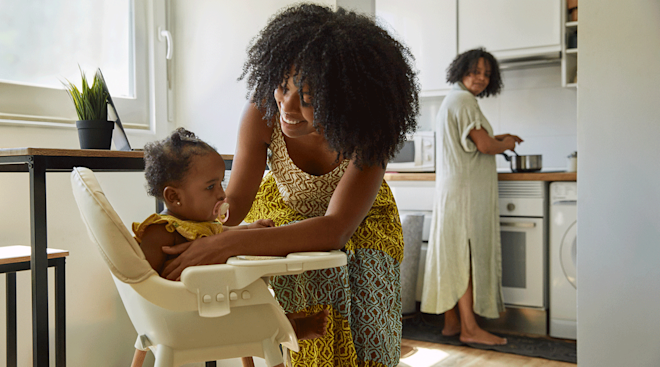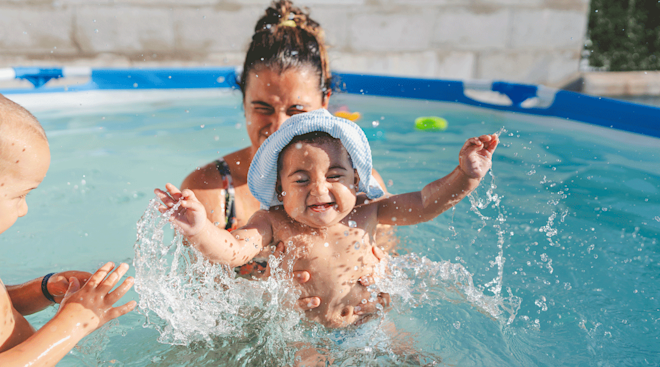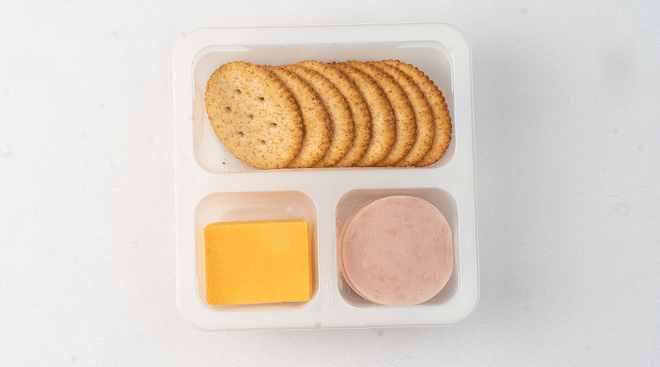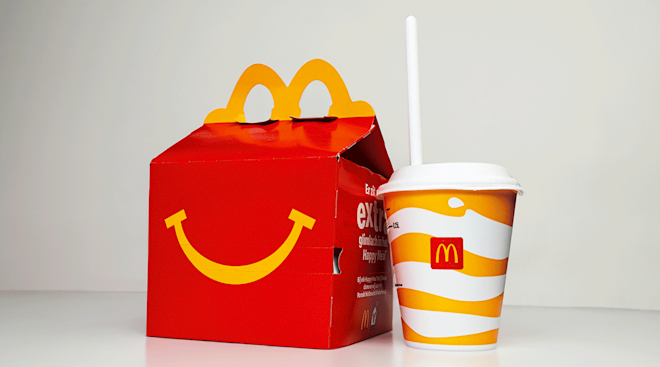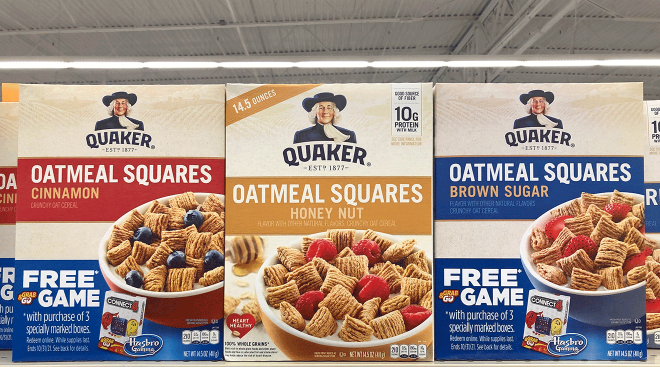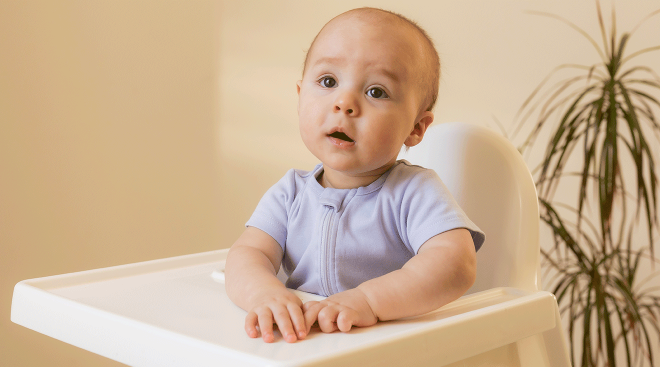Top 5 Tips for Keeping Kids With Food Allergies Safe
As a parent, life is never totally without worry—especially if your child happens to have a severe food allergy. About 1 in every 25 school-age kids has a food allergy. Whether they’re away at school or on a playdate, it can be nerve-racking not to have them under your close supervision. What if something happens? Will they or their caregivers know what to do? Here are our top five tips for keeping kids with allergies safe while away from home.
Talk to your pediatrician if you think your child has had an allergic reaction or has a known allergy and come up with a plan for how to avoid or treat the allergy. Any food can cause an allergy, but the top nine allergic foods are peanuts, tree nuts (such as almonds, cashews, walnuts, etc.), cow’s milk, fish, shellfish (such as clams, lobster, etc.), egg, soy, wheat and sesame. If your child is having an allergic reaction, they may be experiencing any of the following symptoms:
• Skin reactions: Swelling of the lips, tongue or mouth, eyelid swelling, itchiness all over, skin redness, a few hives or hives all over the body, or a worsening eczema rash
• Digestive reactions: Vomiting or diarrhea
• Respiratory reactions: Coughing, choking, wheezing, hoarseness, short of breath or labored breathing (breathing very quickly or barely taking a breath, or sucking in all the muscles on the chest so you can see the outline of the ribs)
• Cardiovascular reactions: Pale skin; bluish lips, mouth or fingers; rapid or weak pulse
• Nervous system reactions: Fainting or passing out, acting confused
Make sure your pediatrician goes over what medicines to use, when to use them and when to call 911. Always have children’s Benadryl (diphenhydramine) on hand and ask your pediatrician for your child’s correct dosage at every well visit, since it will change based on your child’s weight. The bottle of Benadryl says it’s for children 6 years old and older, but the dose is based on weight and can be given to younger kids under a doctor’s recommendation.
If your child needs an EpiPen, which contains epinephrine, make sure you’re given refills and extras to have in multiple places (to be kept at home, school, grandparents house, etc.). If you aren’t sure how to use the EpiPen, your pediatrician would be happy to go over the instructions with you! If your child is having severe symptoms, such as trouble breathing or symptoms from two body systems, then a dose of Benadryl wouldn’t be enough—an EpiPen should be given while you call 911. If you aren’t sure what to do, it’s always better to call 911 and seek immediate help.
Schools are often open before the official first day of school. We always encourage parents of children with severe food allergies to talk to their child’s teacher or school nurse before the start of the school year and provide them with a written “emergency action plan” or “food-allergy action plan” that describes a child’s allergy, what medicines to administer and who to call in case a reaction occurs or an allergic food is ingested. A form for the plan (such as this) is typically provided by the school or your pediatrician’s office and filled out by your pediatrician specifically for your child. Many schools are now peanut- and tree nut-free zones, but other parents who aren’t familiar with allergies may not know what type of snacks should be avoided and what to look for on a package label. It would be helpful to talk to the teacher and educate other families on what’s safe for your child during lunch, special school parties or birthday celebrations.
If your child has had an episode of anaphylaxis or a severe allergy, it’s important to have a non-expired epinephrine pen at school as well as home. For older children, the EpiPen can be carried in a dedicated backpack the child can carry with them; for younger children it should be given to the supervising adult or kept in the health office. Due to a recent temporary shortage of EpiPens, the FDA has extended the expiration date for EpiPens, so speak to your pediatrician about whether your EpiPen can still be used.
We encourage parents to talk to their kids about their allergy as soon as it’s developmentally appropriate. Talk to them about what foods to avoid, not to share food with other kids, how their body might react if they’re having an allergic reaction and how to seek help if they’re having any allergy symptoms. For younger kids, we recommend getting medical identification jewelry to alert others of a child’s allergy, such as a bracelet with their allergy listed on it.
When your little one is on a playdate or with a babysitter, grandparent or other caregiver, it’s important to let the other adults know of your child’s allergy, signs to look out for if an allergy occurs and what medications to have on hand. It’s also important to leave a list of numbers to have readily available, such as parents’ cell or work phones and the pediatrician’s office number. If your child is playing at the park or in other areas where kids may be sharing toys or playground equipment, caregivers should look out for and avoid potential places for an allergen encounter—so if your child has a peanut allergy, look for and avoid other kids eating a peanut butter and jelly sandwich, who may then go on playground equipment or play with shared toys with their peanut butter-y hands.
Meet Dina DiMaggio, MD, and Anthony F. Porto, MD, MPH, official spokespeople for the American Academy of Pediatrics and the co-authors of The Pediatrician’s Guide to Feeding Babies and Toddlers. They write about the latest AAP guidelines, studies and seasonal issues affecting babies and toddlers. Follow them on Instagram @pediatriciansguide.
Published September 2018
Please note: The Bump and the materials and information it contains are not intended to, and do not constitute, medical or other health advice or diagnosis and should not be used as such. You should always consult with a qualified physician or health professional about your specific circumstances.
Plus, more from The Bump:
Navigate forward to interact with the calendar and select a date. Press the question mark key to get the keyboard shortcuts for changing dates.

































